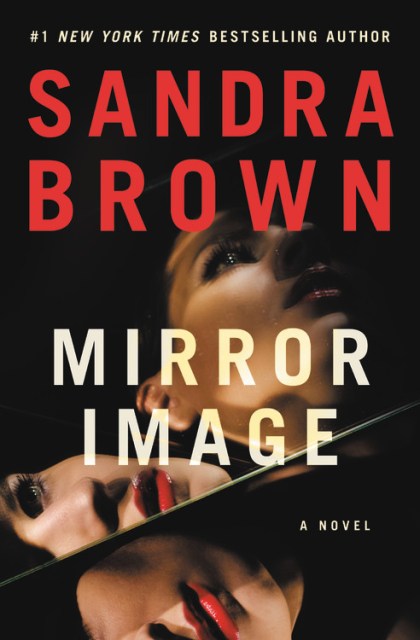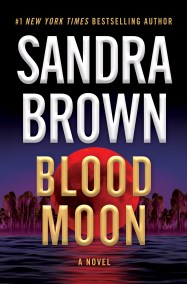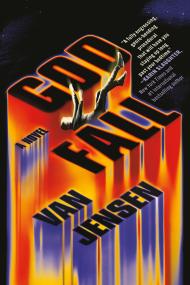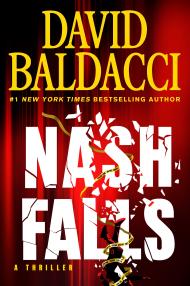By clicking “Accept,” you agree to the use of cookies and similar technologies on your device as set forth in our Cookie Policy and our Privacy Policy. Please note that certain cookies are essential for this website to function properly and do not require user consent to be deployed.
Mirror Image
Contributors
By Sandra Brown
Formats and Prices
- On Sale
- Apr 9, 2019
- Page Count
- 448 pages
- Publisher
- Grand Central Publishing
- ISBN-13
- 9781538733776
Price
$15.99Price
$21.99 CADFormat
Format:
- Trade Paperback $15.99 $21.99 CAD
- ebook $7.99 $9.99 CAD
This item is a preorder. Your payment method will be charged immediately, and the product is expected to ship on or around April 9, 2019. This date is subject to change due to shipping delays beyond our control.
Buy from Other Retailers:
From a New York Times bestselling author, a jet crash throws a TV reporter into a world of mistaken identity and political intrigue in this novel full of romance and suspense.
After plastic surgery transforms her face following a tragic accident, TV reporter Avery is mistaken for the glamorous wife of Texas dynasty member Tate Rutledge. As she lays helpless in the hospital, Avery makes a shattering discovery: someone close to Tate planned to assassinate him.
Now, to save him, she must live another woman’s life–and risk her own.
After plastic surgery transforms her face following a tragic accident, TV reporter Avery is mistaken for the glamorous wife of Texas dynasty member Tate Rutledge. As she lays helpless in the hospital, Avery makes a shattering discovery: someone close to Tate planned to assassinate him.
Now, to save him, she must live another woman’s life–and risk her own.
-
"Sandra Brown is a master at weaving a story of suspense into a tight web that catches and holds the reader from the first page to the last."Library Journal
-
"Author Sandra Brown proves herself top-notch."Associated Press
-
"A masterful storyteller, carefully crafting tales that keep readers on the edge of their seats."USA Today
Newsletter Signup
By clicking ‘Sign Up,’ I acknowledge that I have read and agree to Hachette Book Group’s Privacy Policy and Terms of Use







